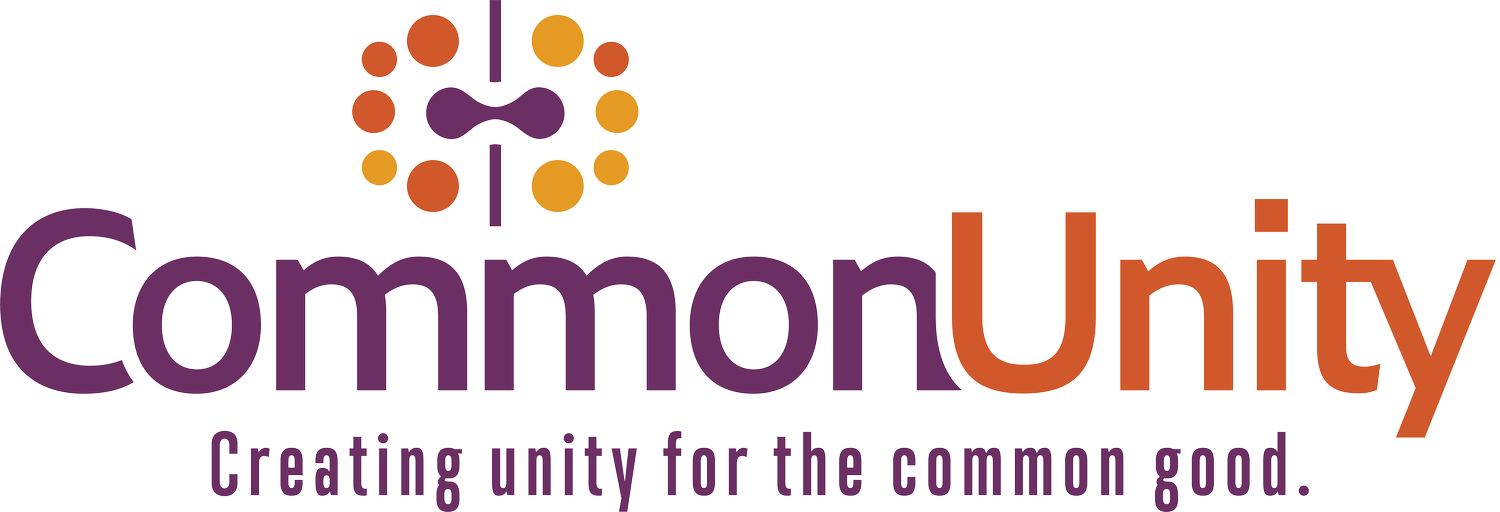Taking what we learned from two years of change
Published April 16, 2022 Herald Forum
“We cannot step into the same river twice,” the Greek philosopher Heraclitus is said to have observed.
This quote has crossed my reading path a few times of late and caused me to sit with it. We’ve changed, and the river has changed. How do we show up when we and the world are what seems to be a constant state of change?
How do we create the time to reflect on where we have been to learn, be our optimal selves, and not be rooted in anxiety over so much being different, new and uncharted?
I lose sleep over the idea that many workplaces, organizations and individuals think that we can still return to “normal” after these past years. How can people even consider the world as it was pre-pandemic normal; and why would they want to return?
Many individuals have decision fatigue and simply cannot deal with the ambiguity. People are seeking clarity and direction. Sometimes, looking back is the easier, simpler way.
The skills to lead people through difficult, complex and messy situations are part of the practice of adaptive leadership.
We all need to examine our values, norms, purpose and priorities.
We need to look at what we have learned.
Organizational psychology has been turned upside-down. What systems in your life and workplace were weakened through covid? Where did you note barriers to access? What teams thrived and what systems withered over the past years? Who has blossomed in this world of work-and-home balance and performed impeccably over the last two years with a more fluid work environment? What areas or individuals need to have a strong physical presence? What meetings will be best served by continuing a virtual presence? How can the tools we have mastered virtually over the past two years support thriving in your community?
Every moment, just as the water swiftly moves forward, our cells are changing. Our thoughts, emotions, relationships, finances and world are changing. Our engagement in this world looks different at school, at the office, in the community, at social gatherings and at professional meetings.
I have watched these changes prompt anxiety in so many around me. There is a lot to be anxious about. So much of the world can be terrifying. Bizarre weather. War. Inflation. Anxiety is by no means new, but this greater awareness of it is new for many.
A book I have been reading has me thinking about anxiety in a new way. In “Unwinding Anxiety: New Science Shows How to Break the Cycles of Worry and Fear to Heal Your Mind” by Jud Brewer, I gained a new framework to address anxiety in my world.
Dr. Brewer suggests a tool that can be used with anxiety as it can be with any habit and offers it at www.mapmyhabit.com. It has helped me recognize what triggers anxiety and how my actions follow. That understanding helps me approach anything I want to change or feel that I don’t have control over.
It helps me as I continue to look back at what I’ve learned, and what we’ve learned together, over these past few years.
My experience tells me that successful leaders make decisions for positive impact that illustrate a balanced mix of optimism and realism regarding the future. This time calls for the setting aside of how it has always been. Setting aside hierarchy and a need for control. Looking at collective impact, one step past the collaboration we strive to be known for.
In all the facets of my life, I am better when I name the problem or challenge and then work with those involved to find the most broadly-serving and compassionate solutions. We have a lot to name from the last two years. Individuals have been impacted very differently based on socioeconomic status, marital status, race and connection to family and community. Humility will continue to be an imperative too. We must realize and openly acknowledge that we don’t know the answers. We must also be willing to look back and see the cracks and failings in day-to-day systems. It’s the only way to avoid continuing, or worse, recreating inequities. Only then can we move forward in optimal, deliberate ways.
This kind of change needs the power of the river. The power to erode our current beliefs and structures.
This kind of change needs patience. To know that small steps each day are the keys to change. Since the pandemic arrived, there is not a system nor a sector that covid did not affect. These times call for letting go and for bold thinking.
Perhaps as I am creating time for reflection along the bank of that river, I will look across and see you. Please do wave. Please do let me know how I can support your journey. These solutions, while requiring solitary reflection, are not to be intended to be tackled alone.

